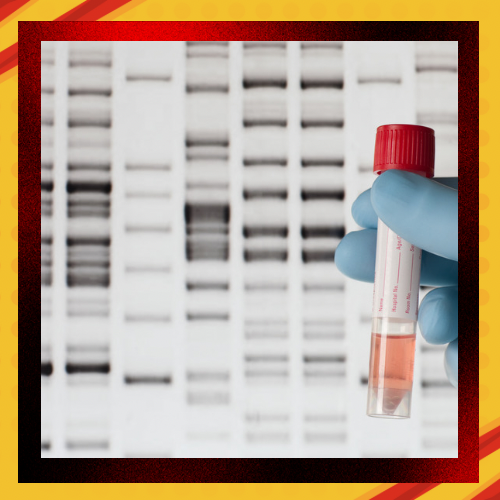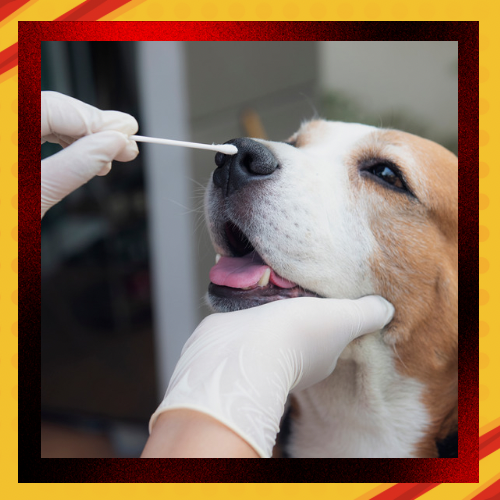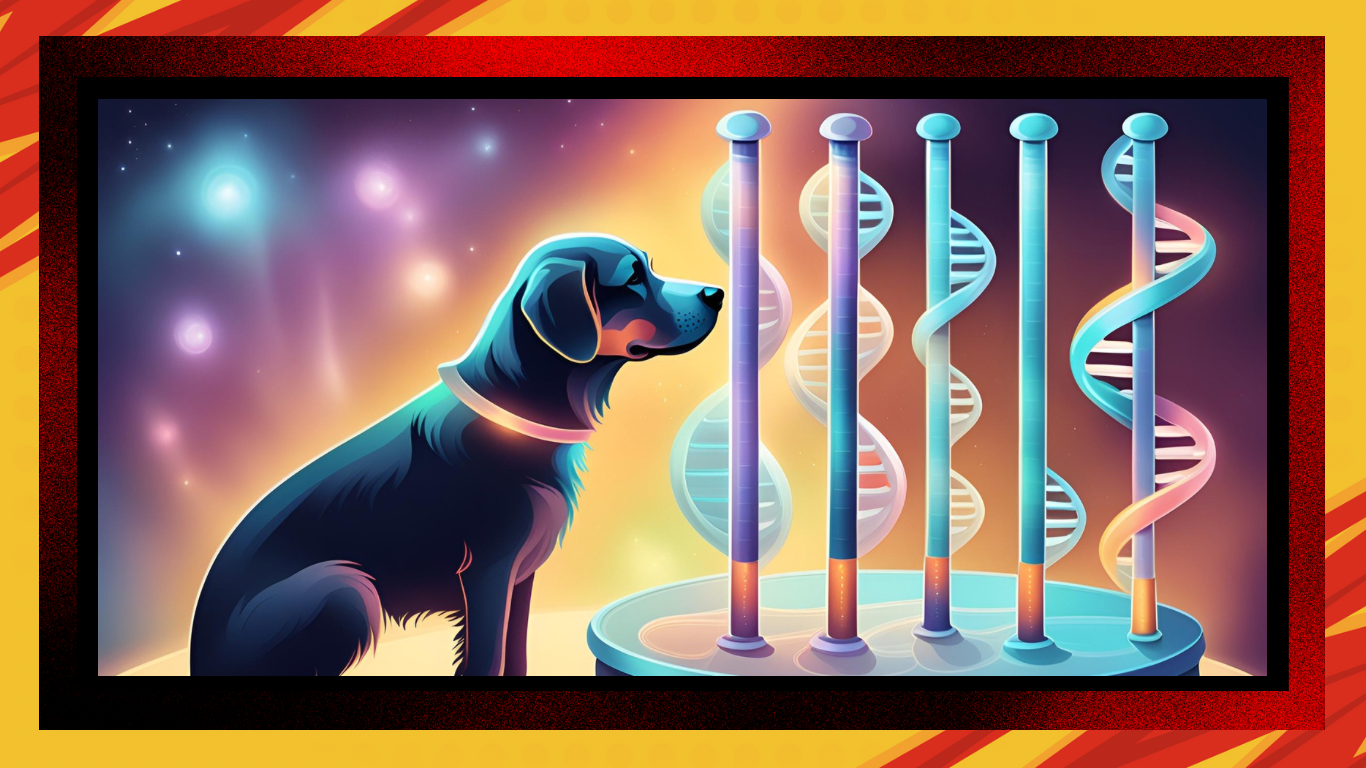DNA testing for dogs has become increasingly popular with parents looking to understand their friends breed makeup and health risks better. These tests provide an opportunity to strengthen the connection with a pet by revealing unseen genetic features and offering hints about their behavior patterns, appearance, and care requirements in the long run.


Exploring the Fundamentals of Dog DNA Testing
Testing the DNA of a dog includes examining a specimen usually taken with a cheek swab to detect markers for identification purposes. Businesses that provide services compare the specimen with databases containing genetic data from different breeds of dogs. The outcomes commonly, show the percentage distribution of breed lineage and genetic tendencies towards health issues as connections to distant family members.
These assessments may also reveal characteristics like fur color preferences and size expectations or behavioral inclinations of the canine companions of interest to assist owners in comprehending their pets behaviors and individual requirements.
What makes dog DNA tests widely used these days?
There are reasons that lead to the popularity of dog DNA testing:
1. Intrigue Regarding Breeds
Owners of crossbred dogs often wonder about their friends background as a dog resembling a Labrador could potentially carry genetic traits from breeds like Huskies or Chihuahuas without them being obvious at first glance. Uncovering such information can be quite intriguing and offer insights into their unique behaviors and characteristics.
Certain DNA tests can detect tendencies towards health issues such as hip dysplasia and cardiovascular diseases or specific types of cancer in individuals.


DNA profiles; even though they do not offer a diagnosis on their own merit in terms of medical conditions and diseases from such testing alone but the data can potentially assist pet owners by providing valuable insights to make informed decisions related to nutrition choices fitness plans and health management for their pets.
2. Interacting with Dogs from the Bloodline
Some companies offer to match your dog with others who share DNA profiles like finding long lost relatives for your furry friend! It’s a way to bond with dog owners and discover more about your pets heritage together.


3. Individualized Attention
Understanding a dogs genetic tendencies can guide how they are looked after; for instance, a dog with an inclination toward obesity could find value in a diet customized to their needs.
How reliable are these assessments?
The effectiveness of canine DNA tests relies heavily upon the scale and caliber of the database owned by the company conducting the test. Bigger databases typically yield outcomes particularly for mixed breed dogs. Although the results are usually trustworthy discrepancies may arise as a result of variables like sample quality or breeds that are not common in the database.


Interesting Tidbits About Canine DNA
All dogs trace back to an ancestor. Dogs that are kept as pets have evolved from wolves. Still carry remnants of their ancestry in their DNA.
The genetic factors influencing characteristics. Some specific genes have an influence on characteristics in living beings; for instance, the gene responsible for “floppy ear” found in dogs is frequently associated with the process of domestication.
The Most Ancient Breed of Dogs. The results of research indicate that the Basenji is the oldest breed among the types of domesticated dogs and can be traced back thousands of years in history.
Dogs and humans have traits related to health. Genetic research studies are valuable because dogs have disease related markers as humans do.


Selecting the Appropriate Examination
Not all dog DNA tests are created equal. Some focus solely on breed identification, while others include health screening or relative matching. When selecting a test, consider factors like:
•Database size for breed accuracy.
•Health screening options.
•Speed and clarity of results.
•Customer reviews.
Dog DNA testing has its advantages. Its crucial to handle the findings with care and consideration. Just because a dog has a predisposition to a condition doesn’t guarantee that it will actually develop it; therefore it’s wise to consult with a vet about the results. Avoid reading into the data or using it as a basis for evaluating a dogs worth or suitability as this could lead to unwarranted worries.
Peeking Ahead at Whats to Come
As genetic studies progress further into the future and evolve with time dog DNA examinations could potentially deliver understandings. By honing in on breed precision and delivering health evaluations the possibilities for these methods to elevate well being are vast.

Exploring the Uses of Dog DNA Testing
Uncovering Uncommon Animal Varieties.
Discovering that your furry companion has heritage traced back to a breed such as the Norwegian Lundehund with its six toed feature can be quite fascinating!
Sibling Comparison
Pet owners, with siblings from the litter are frequently astonished by the differing breed mixtures in each puppy despite sharing the same parents.

Finding the companion
Some companies investigate if your dogs traits match your personality.
Exploring the DNA of dogs provides a glimpse into the realm of our furry companions and allows us to gain valuable knowledge while igniting a sense of wonder and bonding with them.

References
1. “Genetics of Dog Domestication,” National Institutes of Health. https://www.researchgate.net/publication/283803085_Genetic_analysis_of_dog_domestication
2. “Understanding Your Dog’s DNA Test,” American Kennel Club. https://www.akc.org/breeder-programs/dna/
3. “Advancements in Canine Genetic Research,” Journal of Veterinary Medicine. https://www.omicsonline.org/open-access/advancements-in-canine-gene-therapy-133595.html
4. “The Science of Breed Identification,” Canine Genetic Testing Laboratory. https://cvm.missouri.edu/research/canine-genetics-laboratory/canine-genetics-laboratory-testing/




